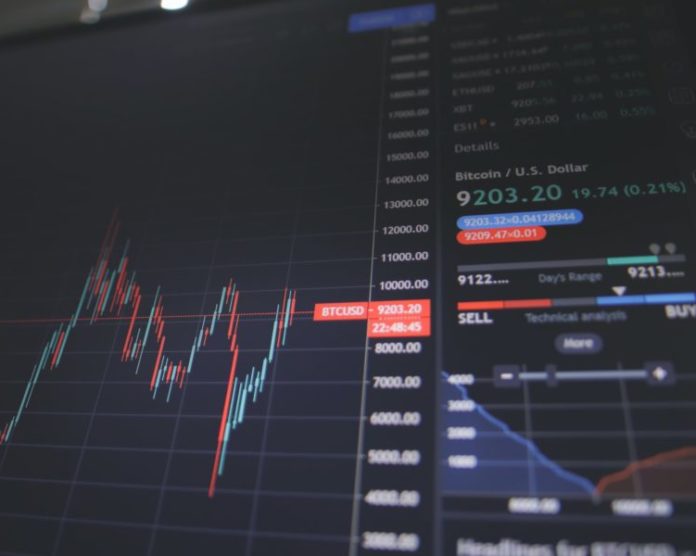The South African Reserve Bank’s Monetary Policy Committee (MPC) should announce its decision on the interest rates on Thursday (January 26). Many economists are anticipating a rate hike tomorrow, amid high inflationary conditions in the country.
The latest Consumer Price Index (CPI) for December 2022 showed an inflation rate at 7.2%. This was down from the 7.4% recorded in November – but the figure remains outside the SARB’s target range of 3-6%.
READ MORE: The City to pay businesses and residents for their excess power
A survey of 27 economists and specialists offered their thoughts on the outcome of the meeting and how high the repo rate will hike in 2023. The results:
- 93% expect the repo rate to increase
- 48% predict the rate will peat at 7.5%
- 70% believe inflation will fall within the target range by the end of 2023
- 31% predict South Africa will enter a recession in 2023
Increased inflation on the cards
The CPI cooled in December, but economist Dawie Roodt told EWN that the central bank still has an appetite to hike the rates further.
Although this time around, they are probably going to go for a 25-basis point increase.
Two factors will greatly affect the reserve bank’s decision according to Roodt. The first is ‘underlying’ or ‘core’ inflation. This indicates that inflation is “quite broad-based”. The second concern, is that inflation expectations are going up, “which means they will have to push inflation expectations down”.
READ MORE:Ramaphosa asks Eskom to halt tariff hike
Forbes explains that inflation expectations measure how people expect prices to rise in the future.
Inflation expectations matter because prices end up reflecting, in part, what people expect them to be.
Experts agree that a rate hike is in the works – but many differ on the amount and the pace. Nedbank’s economic unit told Business Tech that it expects a hike of at least 50 basis points in the first quarter of 2023. A split between 25bps in January and another 25bps in March. It also predicts a prime lending rate at 11%.
Given the evidence of fading global inflationary pressures, the downturn in domestic inflation, weaker domestic growth prospects, and the US Fed’s decision to take a less aggressive monetary policy stance, we believe that interest rates are near the peak in this cycle
Nedbank also said that the decision by the national energy regulator (NERSA) will be “a significant contributor to inflation”. Eskom had initially applied for a 32% tariff hike, but NERSA settled on a 18.97% price increase. It added that this decision could “cause inflation to remain high for longer or recede at a much slower rate”.
After a year of skyrocketing fuel and food prices, and rising interest rates – it seems like South Africans are starting off 2023 with heavier financial baggage and higher debt.
READ MORE: Permanent loadshedding for next two years


